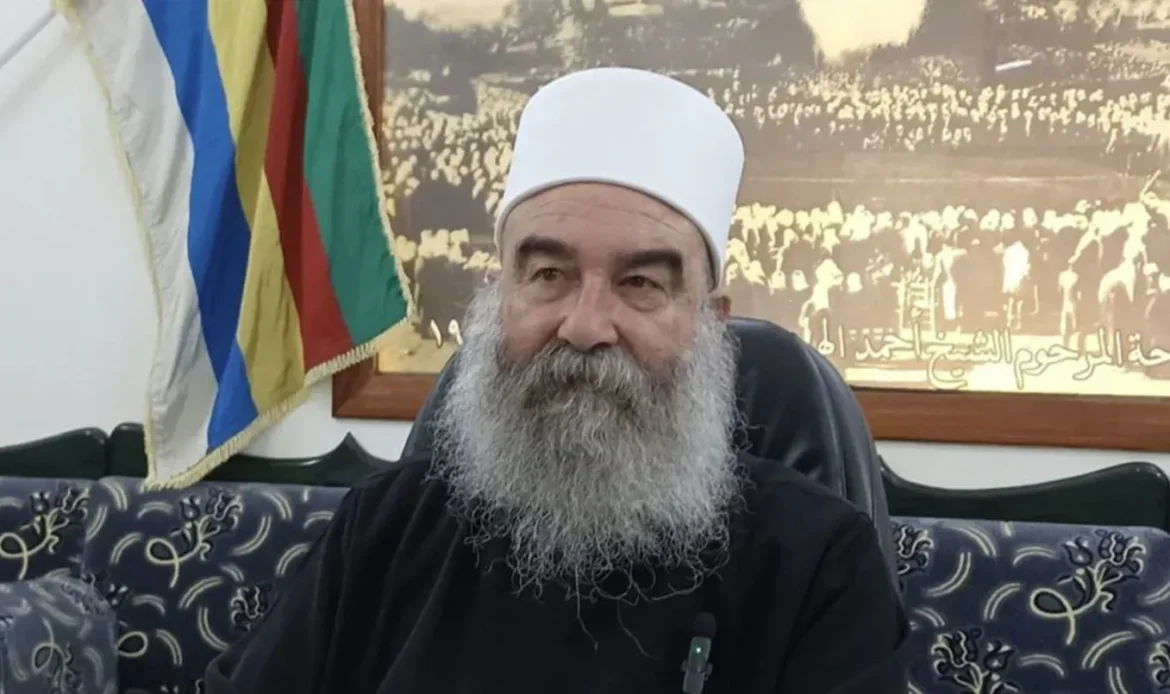Syria’s Druze Leader Rejects Constitutional Declaration: A Call for Democratic Reform
In a bold statement on Tuesday, March 18, 2025, Sheikh Hikmat al-Hijri, the leader of Syria’s Druze Unitarian community, firmly rejected the recent constitutional declaration. Despite this stance, he emphasized that the door for cooperation remains open, signaling a nuanced approach to Syria’s ongoing political challenges. This development highlights the growing tensions between the interim administration and various factions striving for a unified, democratic state.
A Rejection Rooted in Principle
Sheikh al-Hijri, in his detailed statement, expressed frustration over the lack of progress toward a consensual framework. He noted that, despite numerous efforts and demands to align with international charters and principles, no sound methodology for state-building has emerged. Consequently, the interim administration has failed to address the people’s demands or fulfill the revolution’s objectives. For this reason, he labeled the constitutional declaration as dictatorial in essence, arguing that it does not reflect the aspirations of Syria’s diverse population.
Hands Extended, Yet Firm on Reform
Interestingly, Sheikh al-Hijri reiterated his willingness to cooperate, provided significant reforms are implemented. He stressed the need to correct the current trajectory, urging the creation of a clear plan for a legitimate constitutional declaration. Specifically, he advocated for a democratic system crafted by competent national figures representing all spectrums of Syrian society. Moreover, he proposed the formation of committees spanning every province to ensure inclusivity in re-drafting the declaration.
A Vision for a Democratic Syria
Furthermore, the Druze leader outlined key principles for any future constitution. He insisted that it must respect Syria’s historical and cultural diversity while upholding human rights. Additionally, he called for active citizen participation in decision-making within a unified democratic state. Importantly, this vision includes a separation of powers, independent institutions, broader administrative authority for provinces, and a reduction in the presidency’s monopolistic powers. Only through such measures, he argued, can Syria emerge from what he described as “chaos” and achieve lasting stability.
A Stand for the People’s Will
In conclusion, Sheikh al-Hijri made it clear that any constitutional provision lacking the people’s consent would not be accepted. His stance underscores a broader demand for accountability and representation, reflecting the Druze community’s commitment to a just and participatory governance model. As Syria navigates its complex transition, this rejection could catalyze further dialogue—or deepen existing divides.
Israeli Airstrikes Target Central Syria: A New Escalation in Regional Tensions




